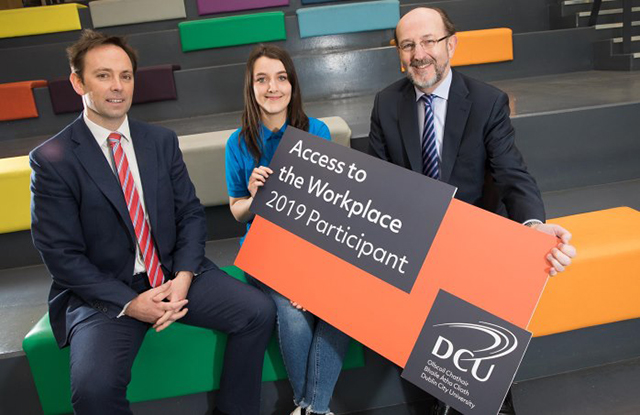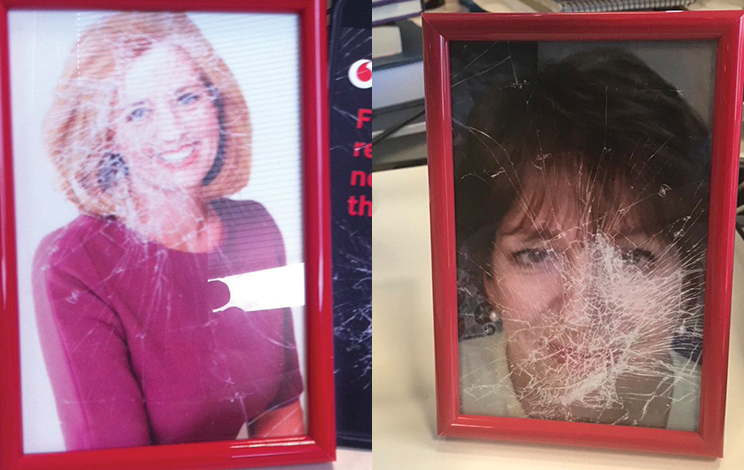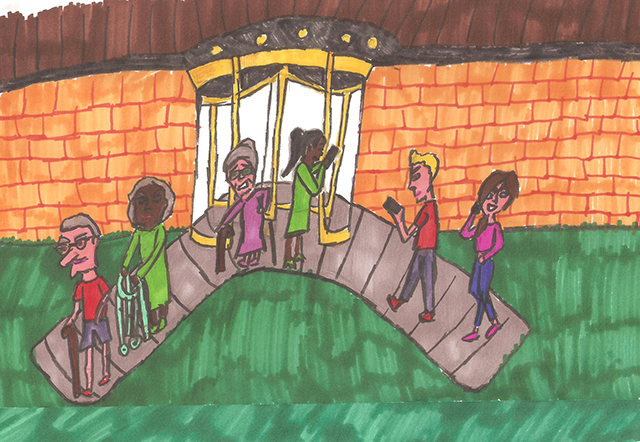
[dropcap]D[/dropcap]CU’s Access Scheme was nominated for the award of Best Public Service in the Fingal Business Excellence and CSR Awards.
The purpose of the awards ceremony is to recognise and honour the success of the business community in the Fingal county region.
DCU’s Access Scheme developed from the Ballymun Initiative for Third Level Education (BITE) which was established in 1989. Aimed at increasing the number of students from Ballymun entering third level, six students entered DCU through BITE in 1990.
This number now has increased to 1,300 Access students, from every county, studying across DCU’s campus in a range of different courses.
DCU reserve 10 per cent of their 1st Year Undergraduate places specifically for Access students. These places are offered at a reduced point entry than listed by the CAO. 93 per cent of DCU’s Access Scholars complete their third level courses.
DCU Outreach works with Access to target those most eligible for the scheme under the age of 23. These groups include young carers, those in care, students from the Travelling Community and 1st generation students with no history of third level education in their families.
Double disadvantaged students who experience educational disadvantages as well as physical, sensory or learning disabilities are also suitable for the Access Program.
The winner of the Best Public Service Category for 2019 was the Student Transformation Learning Record (STLR) from Technological University Dublin.
STLR is described as a “new learning initiative which allows students to gain formal recognition for learning experiences gained inside and outside the classroom” by TUD online.
STLR practises the use of transformative learning while reflecting on their learning experiences and receiving feedback from a trained member of staff.
Isabella Finn
Image Credit: DCU



